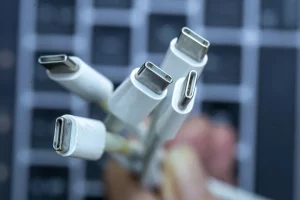Five years ago, it would have been difficult to envision Apple aligning with the ‘Right to Repair’ movement, but today, that’s precisely what’s happening. The company has officially voiced its support for federal right to repair regulations at an event hosted by the Biden administration. During the event, Apple’s Vice President, Brian Naumann, declared the company’s backing for a consistent federal law that strikes a balance between repairability, product integrity, data security, usability, and physical safety. He also committed to adhering to California’s new repair regulations across the United States, even in the absence of national regulations.
Apple has a long history of opposing right to repair initiatives, with past statements warning that Nebraska could become a “haven for hackers” when a repair bill was introduced in the state. However, in recent years, the company has shifted its stance, offering parts and tools to consumers and providing access to repair guides for DIY fixes on their iPhones and Macs. Apple also supported the right to repair bill in California, which was later signed into law by Governor Gavin Newsom.
Under California’s rules, manufacturers must maintain replacement parts, tools, and repair documentation for three years for devices priced between $50 and $99. For devices costing over $100, this requirement extends to seven years. While Apple already sells parts and repair tools nationwide, adhering to California’s provisions on a broader scale means these items and repair guides will be available to consumers across the country for years.
In addition to pledging to honor California’s right to repair provisions nationwide, Naumann outlined the characteristics of an ideal federal repair law. He emphasized the importance of maintaining privacy, data security, and device security features to deter theft, ensuring transparency for consumers regarding the parts used in repairs, applying the law prospectively to allow manufacturers to focus on creating new products compliant with the regulations, and ultimately establishing a robust national standard that benefits consumers throughout the United States while reducing the confusion caused by potentially conflicting state approaches.




